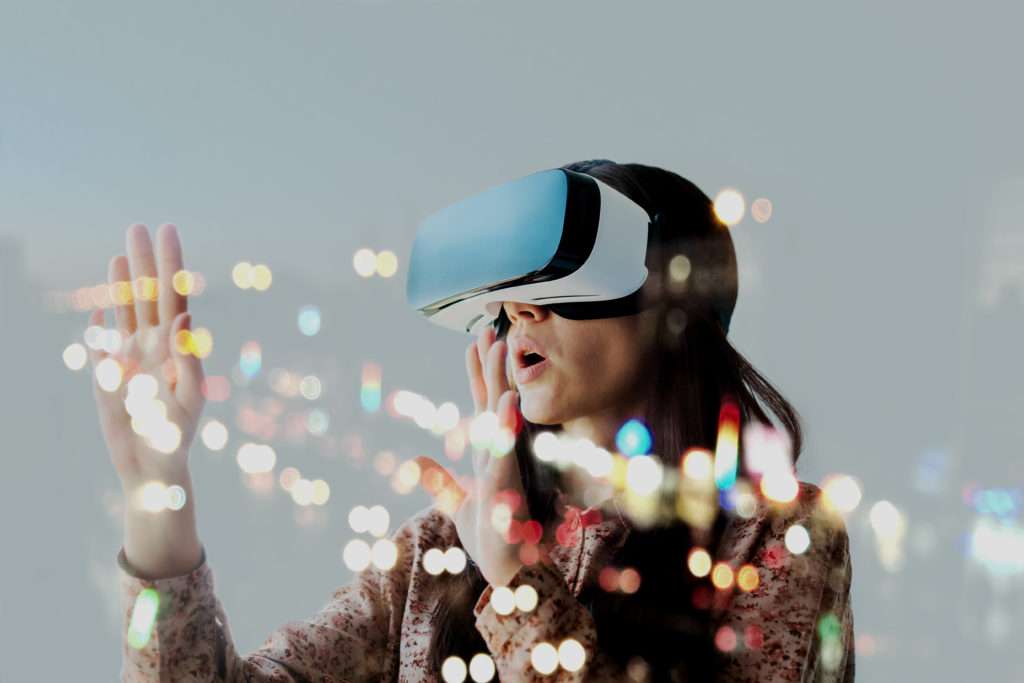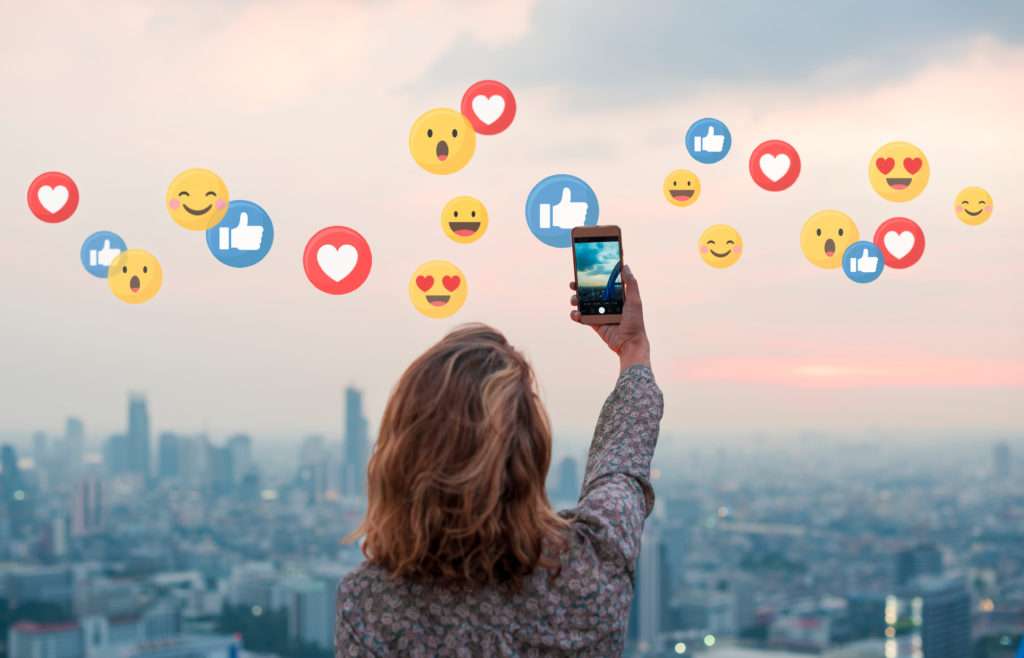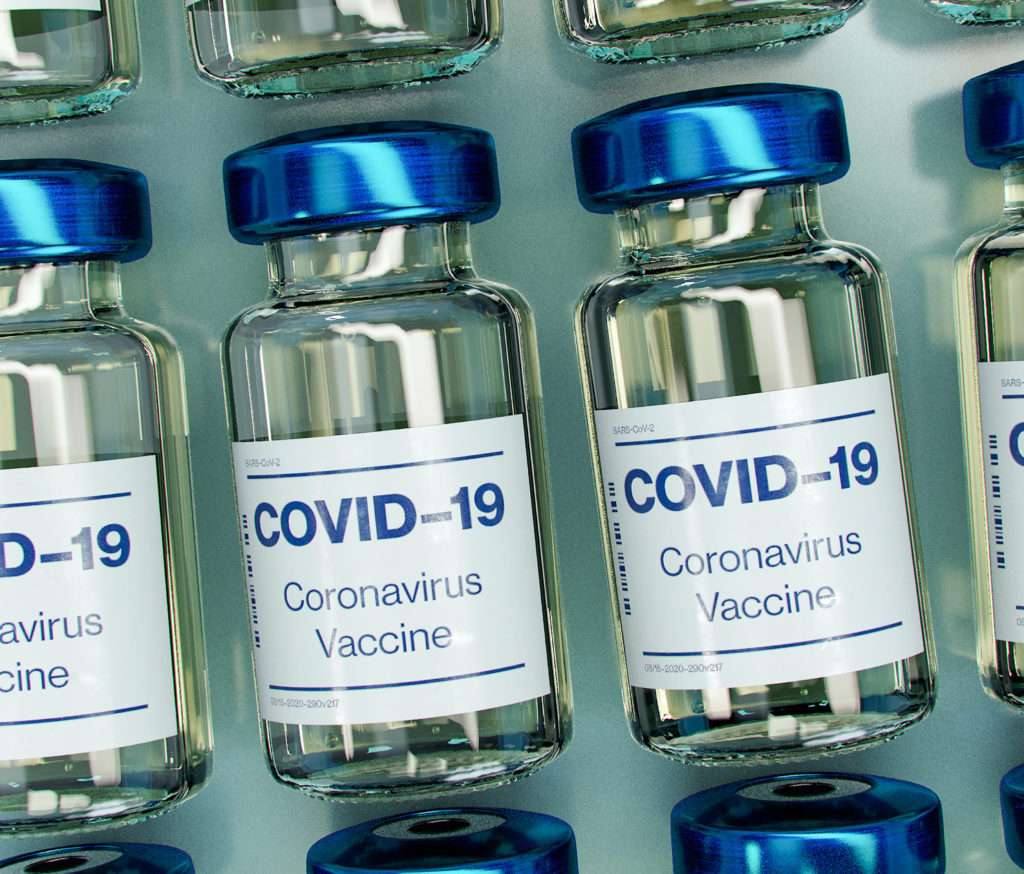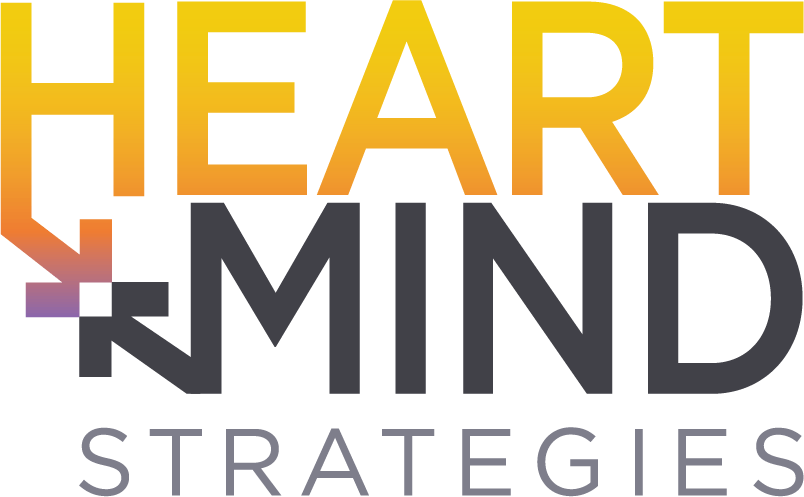By Mike Dabadie
This is Part 2 in a two-part series about the trends and forces influencing the lives of Americans in the coming months. Read Part 1.
The systems of digitalization, democratization, and decentralization are all accelerating human choice. And while there are variances of these by culture and society worldwide, it seems that the trend is toward these giga directions: digitization, democratization, and decentralization.
- Digitization is the conversion of information into data. Example: The promise of a metaverse where our multiple personas will live in changing perceptions of reality.
- Democratization is the accessibility of data and information to everyone. Example: Platforms such as TikTok, YouTube, or Instagram that distribute information directly from one person to another.
- Decentralization is moving the processes of decision making away from a central entity. Example: Employees co-creating with employers post-COVID work policies.
As hard as it may be, organizations need to maintain an over-the-horizon view of these trends and how they will impact consumer attitudes, behaviors, emotions, and values. As experts in behavioral mapping and decision sciences, we help those at the crossroads of choice to confidently use decision making information for managing the changing signals of what’s next. Here are some of the trends we’re watching for our clients, what we are seeing in the data, and what we’re hearing from the thousands of consumers and stakeholder interviews from around the world that we’ve spoken with through various insights and strategy platforms.
What is real?

Is what we sense around us reality, or something else? Sounds like something straight from The Matrix, but for anyone who has put on a virtual reality headset (I have mine) you know that after a few minutes of usage, most of your senses place you elsewhere. In fact, it’s so powerful that research has shown that those engaged senses mentally override other, physical senses. Our minds bend reality to what we sense, and one day it may be the place where truth and trust replace the real world.
Future Implication: Whatever you call it, this metaverse is here to stay. Will it replace our societies, economic systems, physical currency, neighborhood homes, offices, and other realities? Only time will tell.
What is true? Who can we trust?

We are living in a time where confidence and trust in leaders is under assault, especially democratic leaders and entities. Democracy worldwide is being reframed. As of this writing, in democratic Brazil, President Jair Bolsonaro — or “Tropical Trump” — defied the polls and is headed into a runoff after delivering a resonate message that the election may be rigged. In Russia, Putin continues to reframe democratic ideals as colonial, and capitalism as western enslavement. In a time of questioning everyone and everything on what’s true and what’s fake, it seems consumers default to their tribes, biases, and affirmation of beliefs, however informed.
The old communications funnel was linear, passing step-by-step from awareness, to familiarity, to favorability, to commitment. As a result of instant person-to-world communications, where everyone has access to a virtual megaphone, the communications funnel has become non-linear. Consumers can now jump from awareness straight to commitment, or lack thereof, and the steps in between are multi-layered.
Future Implication: Consider the journey one takes as they receive your communications and start with building trust and confidence from the point of view of the other person’s needs.
How can we cut through the noise and communicate our message?

Back in the day, the Pony Express was lauded for ingenuity, bravery, speed, and dissemination of information. The racehorse of the internet has a different name, but a similar purpose of quickly delivering messages over long distances. With social media platforms every human with a device and internet access can broadcast their thoughts and opinions worldwide instantly. We effectively have a Pony Express in our pockets.
Each social media platform has its own unique purpose. Facebook is for keeping in touch with family and friends. Instagram is for sharing images and photos. What’s App is a blend between communications, work, personal, and even file sharing. But the fastest growing global platform, driven by Gen Z, is TikTok — with 1 billion monthly active users, which accounts for 22% of all global internet users. It seems TikTok users are drawn to bite size entertainment (reduced attentions spans) and a faster “how-to” in such a way that has its own user brand identity.
Future Implication: Leverage multiple platforms for communications purposes based on the purpose of each platform. This poses challenges as content needs to be adjusted by platform, but this simple truth, and trend, drives relevancy and authenticity. Faking it gets rejected.
How can we socialize and connect without fear of viruses?

The book The Code Breaker: Jennifer Doudna, Gene Editing, and the Future of the Human Race by Walter Isaacson is an enthralling report of how Doudna and others raced to develop CRISPR (Clustered Regularly Interspaced Short Palindromic Repeats) gene editing technology. It chronicles how CRISPR technology was used to develop the COVID vaccines so quickly and the promise of how CRISPR may one day be used to eradicate diseases such as cancer, sickle cell, hypertension, and others. COVID was tamed by CRISPR.
The consensus is that we will have to live with COVID just like other viruses. CRISPR makes it possible to accept this fact because this technology has the power to beat the one thing that humans must live with, and that has forever caused mortality — diseases passed in our DNA to our offspring and bacteria that is constantly mutating to defeat our bodily defenses. Of course, gene editing raises all kinds of ethical questions, but this could be a game changer for the human race. Governments and companies are already testing, commercializing, regulating, and deploying CRISPR, so the promise is bright.
Future Implication: If this CRISPR promise is realized, humans would gain an upper hand over nature to take a significant leap in our humanity, driving a new level of confidence and reduction of fear in the choices we make in life.
